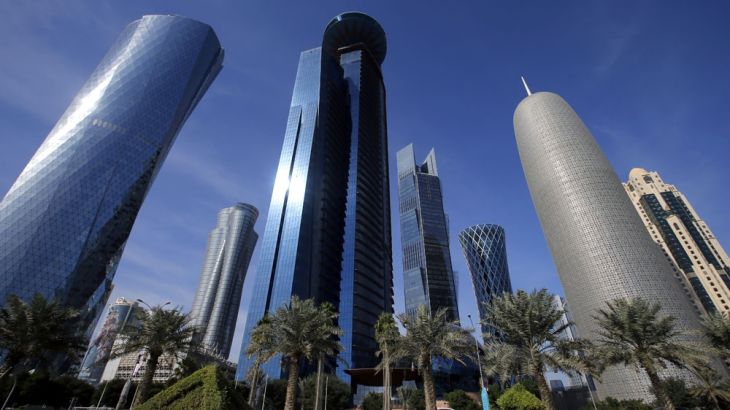
Fake news and the Gulf crisis
UK media watchdog is investigating Saudi Arabia-owned Al Arabiya channel for airing fake news regarding Qatar’s emir.
A fake news story in late May 2017 triggered a major diplomatic crisis in the Gulf.
The story was planted on the website of Qatar News Agency (QNA) by hackers. It falsely attributed comments to Qatar’s emir, which were then aired on Saudi-owned Al Arabiya channel.
Keep reading
list of 4 itemsGeorgia advances ‘foreign agents’ bill as 20,000 rally against it
NPR editor resigns after accusing US outlet of liberal bias
Lawmakers brawl as Georgian Parliament considers ‘foreign agent’ bill
A few weeks later, in early June, Saudi Arabia, the United Arab Emirates (UAE), Bahrain and Egypt severed all ties with Qatar.
As British media watchdog Ofcom investigates Qatar’s complaint against Al Arabiya for the false story, the Dubai-based channel has surrendered its license to broadcast in the United Kingdom and the European Union.
QNA says Al Arabiya’s decision was dictated by the inquiry but the channel says business reasons influenced the step.
Currently in its ninth month and affecting people across the region, the crisis highlights the dangers posed by fake news.
What can be done to stop fake news? Should states intervene, or should journalists regulate themselves? And what is the role of tech companies?
Presenter: Martine Dennis
Guests:
Mohamed Elmasry – chair of journalism programme at the Doha Institute for Graduate Studies
Tom Law – director of campaigns and communications at the Ethical Journalism Network
Pierluigi Paganini – founder of the Security Affairs blog and member of the European Union Agency for Network and Information Security